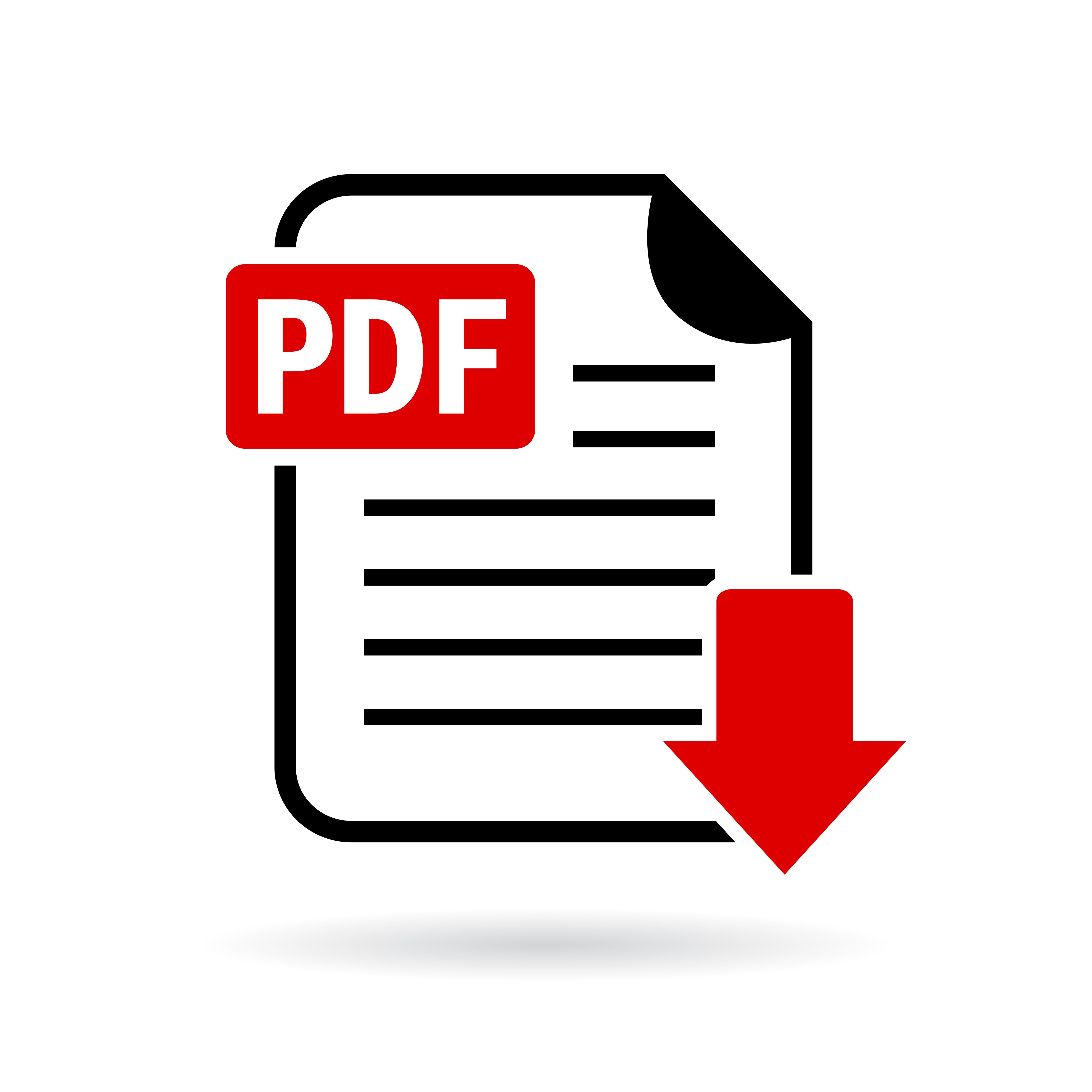
- ONCOLOGY Vol 34 Issue 9
- Volume 34
- Issue 9
Are COVID-19 Delays a Basis for Concern? Can We Use This for Future Good?
The Duke Cancer Institute expert discusses the possible impact and ramifications of delays in cancer screening and diagnosis due to the COVID-19 pandemic.
In my 30-plus years in medicine and as a urologic oncologist, I have never had to triage civilian patients for elective surgery, but that is exactly what we were asked to do from March 2020 onward as the coronavirus disease 2019 (COVID-19) pandemic engulfed our communities. We had the opportunity to report our early experience with triage for localized prostate cancer in the May 2020 issue of ONCOLOGY®.1 From mid-March to mid-May 2020, I postponed about 20 patients with low- to high-risk localized prostate cancer scheduled for radical prostatectomy (RP). However, as I write now in mid-August, I can report that we cared for these men with a surgical delay averaging less than 3 months. We were fortunate that our health system had sufficient personal protective equipment and that the impact of COVID-19 in our area was less severe than in many other parts of the United States, which allowed our teams to ramp back up to full capacity by early June 2020. Recent articles by Diamand et al in the World Journal of Urology and Ginsberg et al in the Journal of Urology found that modest delay in RP did not impact outcomes.2,3 I am not surprised. For all but the most severe cases of localized prostate cancer, modest delay of 2 to 6 months is unlikely to affect long-term survival.
However, this does not mean that COVID-19 will not affect the survival and outcomes of countless other cancer patients in this country and throughout the world.4-10 Many other malignancies are much faster-growing than prostate cancer, and COVID-19 delays could have serious consequences. In the urologic cancer area, testicular cancer and bladder cancer immediately come to mind as more concerning, since delay in diagnosis has been a perennial problem even in good times.11 A PubMed search of “cancer+COVID-19+delay” on August 22, 2020, found more than 125 publications, and this is just the beginning. Only time and further research will ultimately determine the long-term impact.
While I am less worried about modest delay in RP due to COVID-19, I do worry about delays in screening for prostate cancer by primary care providers that are exacerbated by COVID-19. Prostate cancer screening with the prostate-specific antigen (PSA) blood test has been controversial and hotly debated since 2011, when the US Preventive Services Task Force (USPSTF) gave PSA screening a “D” rating (more harm than good).12 Many advocates for patients with prostate cancer feel this rating was misguided by poor or immature data from 2 randomized controlled trials. Nevertheless, this was the “law of the land” for 8 years. In 2018, the USPSTF revised the guideline to a “C” rating for men aged between 55 and 69 years, citing some evidence of benefit and recognizing less overtreatment of low-risk prostate cancer, as active surveillance was more widely accepted. From 2018 to early 2020, urologists began to see more referrals from primary care providers for elevated PSA, as many began to recognize the new PSA guideline. Then COVID-19 hit. Sadly, not only did COVID strike communities of color to a greater degree, but prostate cancer is much more common in African American men.13 I worry about an “adding insult to injury” effect for Black men in this country regarding delay in
diagnosis of prostate cancer (and many other health conditions as well). It was difficult enough to get the message out about the importance of early diagnosis of prostate cancer in the African American community, and now it’s potentially much more difficult when you combine that with COVID-19.
In our practice, we began partnering with our Duke primary care network in 2018 (corresponding to the USPSTF change) to reengage prostate cancer awareness and PSA screening, focusing on our large minority high-risk population. While we lost about 3 or 4 months (March to June 2020) due to COVID-19, we are now very mindful of getting back in full swing for timely screening, urology referral, and further work-up. For men who prefer a telehealth consult to urology for elevated PSA, we now offer a novel exosome-based urine test (ExosomeDx; Bio-Techne) by mail to replace the in-person visit digital rectal examination (DRE).14,15 This new COVID-19–motivated process could tip the scales in favor of more rapid, efficient risk stratification for prostate biopsy or prostate MRI for high-risk men. Considering that the dread of a DRE prevents some men, and particularly some men of color, from going to the doctor, this new process might be a good option made possible by quick innovation indirectly caused by the COVID-19 pandemic.
In summary, cancer care is impacted by COVID-19—no question about that. Delay in diagnosis is an obvious adverse effect, deserving of further study, of which we all must be mindful, and which we must try our best to mitigate. However, out of tragedy and great adversity comes rapid advances. In addition to vaccines and effective therapies for COVID-19, we in the oncology field must strive to use this pandemic to improve our care of cancer over the long term, and to think outside the box.
REFERENCES
- Moul JW, Chang A, Inman BA. Managing prostate cancer surgical patients during the COVID-19 pandemic: a brief report of the Duke Cancer Institute’s initial experience. Oncology (Williston Park). 2020;34(5):156-162.
- Ginsburg KB, Curtis GL, Timar RE, et al. Delayed radical prostatectomy is not associated with adverse oncologic outcomes: implications for men experiencing surgical delay due to the COVID-19 pandemic. J Urol. Published online May 1, 2020. doi:10.1097/JU.0000000000001089
- Diamand R, Ploussard G, Roumiguié M, et al. Timing and delay of radical prostatectomy do not lead to adverse oncologic outcomes: results from a large European cohort at the times of COVID-19 pandemic. World J Urol. Published online August 10, 2020. doi:10.1007/s00345-020-03402-w
- Papautsky EL, Hamlish T. Patient-reported treatment delays in breast cancer care during the COVID-19 pandemic. Breast Cancer Res Treat. Published online August 9, 2020. doi:10.1007/s10549-020-05828-7
- Offenbacher R, Knoll MA, Loeb DM. Delayed presentations of pediatric solid tumors at a tertiary care hospital in the Bronx due to COVID-19. Pediatr Blood Cancer. Published online July 29, 2020. doi:10.1002/pbc.28615
- Košir U, Loades M, Wild J, et al. The impact of COVID-19 on the cancer care of adolescents and young adults and their well-being: results from an online survey conducted in the early stages of the pandemic. Cancer. Published online July 22, 2020. doi:10.1002/cncr.33098
- Sud A, Torr B, Jones ME, et al. Effect of delays in the 2-week-wait cancer referral pathway during the COVID-19 pandemic on cancer survival in the UK: a modelling study. Lancet Oncol. 2020;21(8):1035-1044. doi:10.1016/S1470-2045(20)30392-2
- Helsper CW, Campbell C, Emery J, et al. Cancer has not gone away: a primary care perspective to support a balanced approach for timely cancer diagnosis during COVID-19. Eur J Cancer Care (Engl). Published online July 7, 2020. doi: 10.1111/ecc.13290
- Larson DW, Abd El Aziz MA, Mandrekar JN. How many lives will delay of colon cancer surgery cost during the COVID-19 pandemic? an analysis based on the US National Cancer Database. Mayo Clin Proc. 2020;95(8):1805-1807. doi:10.1016/j.mayocp.2020.06.006
- Nagar H, Formenti SC. Cancer and COVID-19 – potentially deleterious effects of delaying radiotherapy. Nat Rev Clin Oncol. 2020;17(6):332-334. doi: 10.1038/s41571-020-0375-1
- Wallis CJD, Novara G, Marandino L, et al. Risks from deferring treatment for genitourinary cancers: a collaborative review to aid triage and management during the COVID-19 pandemic. Eur Urol. 2020;78(1):29-42. doi:10.1016/j.eururo.2020.04.063
- Albertsen PC. Prostate cancer screening and treatment: where have we come from and where are we going? BJU Int. 2020;126(2):218-224. doi:10.1111/bju.15153
- Obek C, Doganca T, Argun OB, Kural AR. Management of prostate cancer patients during COVID-19 pandemic. Prostate Cancer Prostatic Dis. 2020;23(3):398-406. doi:10.1038/s41391-020-0258-7
- Moul JW. Secondary screening tests for prostate cancer: is more information better? which test is best? Can J Urol. 2020;27(1):10086.
- McKiernan J, Donovan MJ, Margolis E, et al. A prospective adaptive utility trial to validate performance of a novel urine exosome gene expression assay to predict high-grade prostate cancer in patients with prostate-specific antigen 2-10ng/ml at initial biopsy. Eur Urol. 2018;74(6):731-738. doi:10.1016/j.eururo.2018.08.019
Articles in this issue
over 5 years ago
Molecular Profiling in Metastatic Colorectal Cancerover 5 years ago
The Path to Improving Breast Cancer Outcomesover 5 years ago
Choosing the Right PathNewsletter
Stay up to date on recent advances in the multidisciplinary approach to cancer.
Related Content




MCL Workshop Proves Essential for Moving the Needle Forward in Research












































